Quality Rating 2: Family Communication
Instructions
School-Age Only programs will upload the following to meet the requirements for Administrative Policies and Practices: Family Communication: ADM 6.2:
- A Communication Policy explaining that staff members communicate with families and/or teachers about:
- Child progress
- Concerns
- Program planning
The Policy or Statement Builder provides a step-by-step guide for creating your statement or policy.
Communication Policy
Positive relationships are built upon open and shared communication between you, your staff, and the families you serve. By partnering and communicating with families, you gain a deeper understanding of children’s backgrounds, interests, and strengths. You have opportunities to exchange information around shared goals for children and areas of concern, and you can keep families informed and involved in your program’s plans.
A written communication policy explains the purpose of communicating with families including ways two-way communication supports the children’s progress. A policy also helps families understand the type of communication they might expect from your program and how they can initiate communication with you and your staff.
What does the documentation look like?
Your Communication Policy clearly explains that staff members communicate with families about a child’s progress, areas of concern, and program planning. You may include information about the different ways families can expect to receive communication from you and your staff such as phone calls, emails, or written communication. In addition, you may include ways families can communicate with you and your staff. For example, information about the best days and times to reach you, or the best method to contact you (phone, email, notes), is often helpful for families to know.
If you offer family conferences, you may include information about how often conferences are held, how families are informed about conferences, and how they schedule conferences with you.
Policy or Statement Builder
Develop a statement that describes your program’s approach to family communication. The Reflection Questions below will help you think about what you do in your program to capture it when creating your policy. Once you have spent time reflecting on the questions below, you’re ready to build your Family Communication Policy.
Reflection Questions
- How/when do you communicate with families?
- What type of information is shared with families?
Optional questions:
- Do you have opportunities for conferences with families?
- How do you collaborate with agencies working with families, including special education services or school?
Did you know that if you include the Optional Questions in your statement that you may be approved for a Level 5 in ADM 6?
Statement Builder Resources
Use these optional PDF resources to reflect on your program’s practices and create your Family Communication Statement.
Technology Tips
Choose the way that the provided resources will be most useful to you.
You can:
![]() Download the PDF.
Download the PDF.
![]() Save the PDF.
Save the PDF.
![]() Print the PDF.
Print the PDF.
![]() Edit the PDF.
Edit the PDF.



